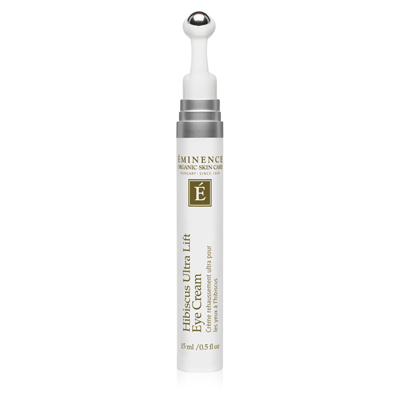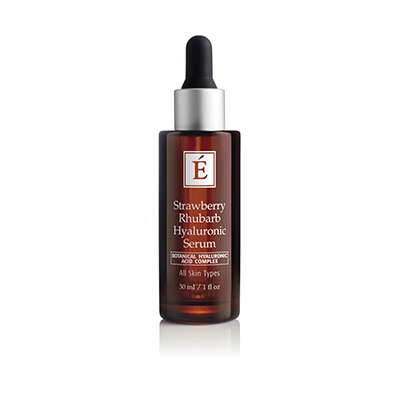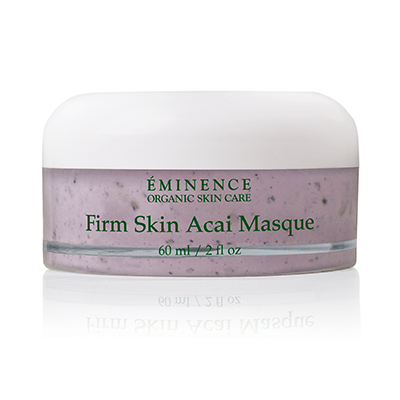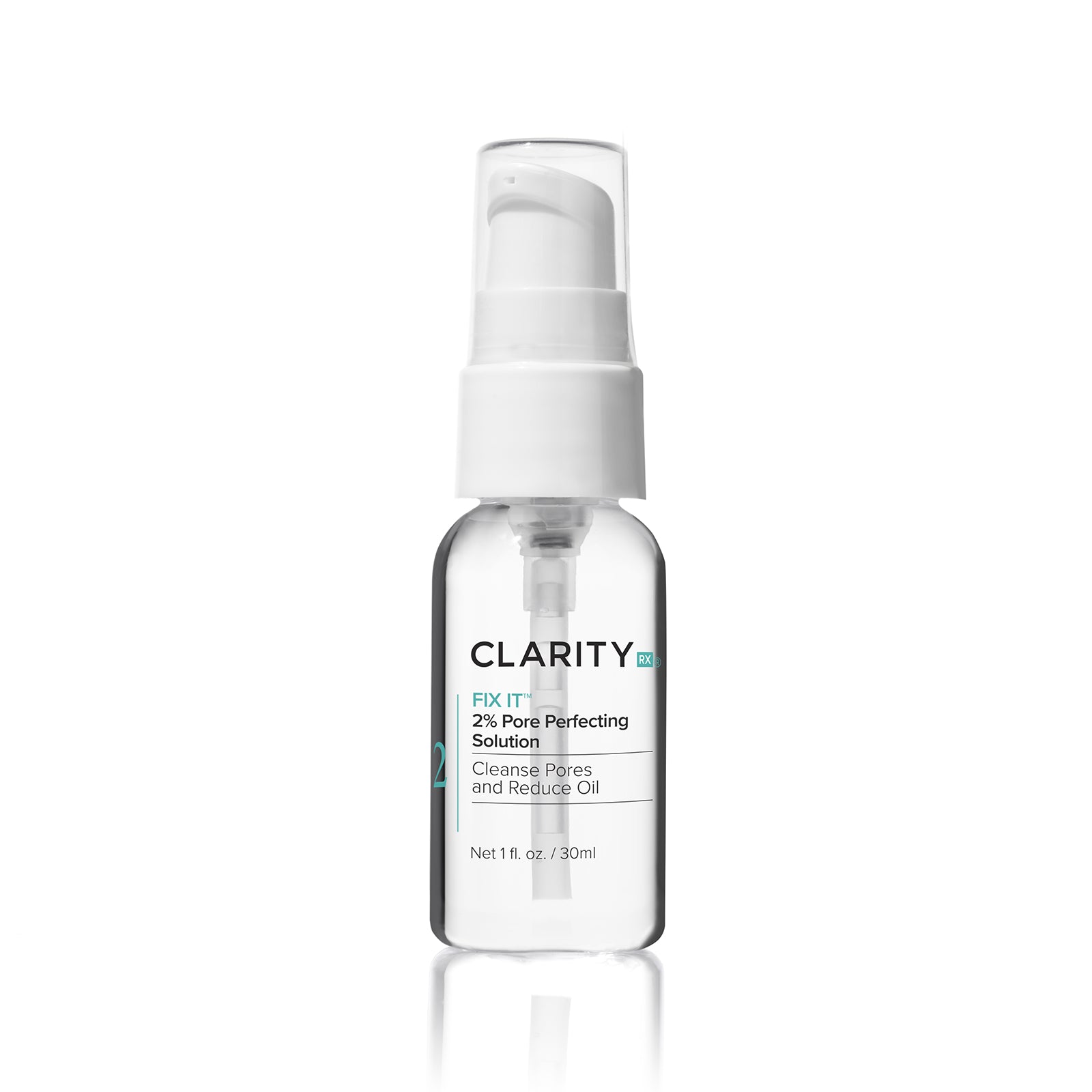Have you ever thought about how a simple vitamin B12 deficiency could mean more than just needing some nutrients? A lot of us see vitamin deficiencies as small issues—like feeling a bit tired or experience some numbness—that can go away through diet. But what if that deficiency is something more serious, like cancer? It sounds surprising, but can vitamin B12 deficiency be a sign of cancer?
Many people link a vitamin B12 deficiency with problems like anemia, tiredness, or neurological symptoms, however, sometimes it can be something serious like cancer. For example, cancers can alter how your body absorbs or uses B12, which can lead to a deficiency.
In addition, sometimes, cancer symptoms are similar to those of a deficiency. So, if you’ve got unexplained symptoms and think you might be low on B12, it’s a good idea to talk to your doctor.
This article looks into whether a B12 deficiency could be related to cancer, what signs to monitor , and when you should see a doctor.
About Vitamin B
Vitamin B isn’t just one vitamin—it’s a whole group! There are eight different B vitamins (like thiamin, riboflavin, niacin, pantothenic acid, biotin, B6, B12, and folate) that all work together in your body.
They’re important for energy production, help your nerves function properly, and support cell growth, among other stuff.
What Is Vitamin B12 Deficiency?
If you’re not getting enough of the B vitamins, you may get some deficiency issues. Deficiencies can cause weakness, skin troubles, nerve problems, and even effects on your mind. Each B vitamin has its job, so symptoms can vary. For instance, not enough vitamin B12 can lead to a type of anemia, while if you lack folate, it can affect cell division and cause issues during pregnancy.
Key symptoms of B12 deficiency include:
- Extreme tiredness
- Pale or yellowish skin
- Shortness of breath
- Numbness or tingling in hands and feet
- Memory problems
- Mood swings or depression
Is There a Link Between B12 Deficiency and Cancer?
Yes, there might be a connection because some cancers affect the digestive system.
How Cancer Can Cause B12 Deficiency
Certain cancers, especially those in the stomach, pancreas, or colon, can affect how your body absorbs vitamin B12. Tumors might block absorption, or treatments like chemo could damage the stomach lining, thereby makes it difficult to take in B12.
How B12 Deficiency Might Signal Cancer
If you have a B12 deficiency that doesn’t make sense diet-wise or lifestyle-wise, it could mean there’s something else going on. Pernicious anemia, for example, is linked to a higher risk of stomach cancer.
Types of Cancer Associated with Low B12
1. Stomach (Gastric) Cancer
Chronic deficiency due to conditions like autoimmune gastritis or pernicious anemia can up the risk of stomach cancer.
2. Pancreatic Cancer
Since the pancreas helps with digestion and B12 absorption, cancer in this area may affect how B12 is processed.
3. Colon Cancer
People with colorectal cancer often show low levels of B12, although it’s not yet clear if there’s a direct cause.
4. Blood Cancers (e.g., Leukemia)
Some blood cancers may produce symptoms linked to B12 issues, like fatigue and anemia.
Does cancer cause B12 deficiency
This is a tricky question. However, in most situations, cancer leads to malabsorption of B12. While B12 deficiency itself doesn’t directly cause cancer, being low in B12 for a long time can make it hard for your body to repair DNA, which could increase mutation risks.
Can Vitamin B12 Deficiency Be a Sign of Cancer?
Consider these questions:
- Have you had digestive issues like gastritis or ulcers?
- Is there a family history of cancer or pernicious anemia?
- Are you losing weight or have unusual bleeding?
- Are B12 shots not helping?
These signs could mean there’s something more serious going on, possibly even cancer.
B12 Deficiency vs. Cancer Symptoms: The Differences
| Symptom | B12 Deficiency | Possible Cancer Indicator |
| Fatigue | Common | Common |
| Weight Loss | Rare | Common in GI cancers |
| Blood in Stool | No | Yes – could signal colon cancer |
| Pale/Jaundiced Skin | Yes | Yes (especially in liver/pancreatic cancer) |
| Persistent Nausea | Sometimes | Common in GI cancers |
How to diagnose B12 Deficiency
- Blood Tests: Check levels of serum B12, methylmalonic acid, and homocysteine.
- Intrinsic Factor Antibodies: To see if it’s pernicious anemia.
- Endoscopy/Colonoscopy: If there are other signs of cancer.
- Imaging: CT or MRI scans if there’s any cause for concern.
When Should You See a Doctor?
You should visit a doctor if you:
- Have ongoing fatigue and neurological symptoms.
- Constantly losing weight.
- See blood in your stool or have lasting digestive issues.
- Do not improve with B12 supplements.
Can Treating B12 Deficiency Help Prevent Cancer?
There’s no solid proof that fixing low B12 can stop cancer. But keeping your B12 levels healthy:
- Helps DNA repair
- Boosts your immune system
- Lowers chronic inflammation
Who’s Most at Risk?
Vegans/Vegetarians (B12 is mostly in animal foods)
- Older individuals.
- People with GI issues (like Crohn’s or celiac disease).
- Those with pernicious anemia.
- Cancer patients going through chemo or radiation.
How to Increase Your Vitamin B12 Levels Naturally
- Eat foods rich in B12, like liver, meat, eggs, dairy, and fish.
- Take supplements: Great for vegetarians or anyone with absorption problems.
- Use fortified foods: Think breakfast cereals and plant milk.
- Get B12 injections: if you’re low or can’t absorb it well.
FAQs
Q: Can Vitamin B12 Deficiency Be a Sign of Cancer?
A: Not directly, but a long-term deficiency might raise DNA damage and cancer risk.
Q: What cancers can cause B12 deficiency?
A: Gastric, pancreatic, and colon cancers can affect B12 absorption.
Q: Should I go for cancer screnning if I have a B12 deficiency?
A: If your deficiency comes with other symptoms, you should go. Early detection can save you all the stress.
Read also: Importance Of Regular Health Check-ups And Screenings.
Wrapping UP
Vitamin B12 deficiency is not all about dietary issues. Even if it doesn’t mean you have cancer, it could be soething is not right with your body especially if symptoms persists or get worse after treatment. It’s natural to worry that a low B12 level could be a sign of cancer because both share similar symptoms like fatigue or weakness. But remember, a B12 deficiency can come from things like not getting enough in your diet or have certain digestive problems.
So in some situations, cancer—especially in the digestive system—can affect B12 absorption, but it doesn’t mean a deficiency automatically points to cancer. The bottom line is that if you have ongoing symptoms or have concerns, it’s best to talk to a doctor. They can run the right tests to find out what’s going on instead of jumping to conclusions just because of low vitamin levels.











